
Categories
Resource Types
CCSS
Speaking & Listening
Language
Reading
Listening Skills - Recognizing time phrases
$ 0
This overview discusses the levels of comprehension for recognizing time in a sentence or phrase each building on the previous. Level 1 is concrete, stated, and explicit moving to Level 4 where the a
...
mount of time spent on an activity or location has to be figured.
Auditory comprehension of Wh-questions
$ 195
Information for teachers about why answering questions may be difficult for a student with hearing loss. Activities for student to listen to questions, identify the question word and/or verb tense of
...
the question and answer with a complete sentence. Includes teacher prompts and suggestions for data collection.
Weaving Auditory Skills into Common Core: Lessons Targeting Final /s/ and 'it; vs. 'they'
$ 195
Materials and instructions for simultaneous practice of auditory and language objectives: 1) two language levels to practice auditory objective-/s/ or no /s/ in final position of words in spoken sent
...
ences; and language objective - choosing it or they for inanimate 1st person subject. 2) identify pronoun in spoken sentences; indicate if pronoun agrees in number with the antecedent. Includes forms for data collection.
Promote Auditory Decoding - Reading Words with -s, -es, ed Endings
$ 195
When using phonics skills, a student is accessing a learned association between a printed letter or letters and the associated sounds. For example, the letter d is associated with the first sound in d
...
og. Consider that letter d, however, in the word walked, when it is produced with the /t/ sound in the past tense -ed ending. Use this fun game with students to practice discriminating, saying, and reading the -s and -es endings.
Language - Fact and Opinion
$ 295
Explains that learning to discern fact from opinion enhances language, reading comprehension, cognition, and critical thinking skills. Includes 7 worksheets, a fact and opinion rubric and sample IEP
...
goals. Reading comprehension is dependent on the ability to differentiate between fact and fiction or between author viewpoints and perspectives. Activities include: graphic organizers for facts and opinions during the school day; differentiate between fact or opinion sentences for elementary students; determining author's perspective in a reading passage on deaf culture; practice writing and supporting opinions for advanced students
language - Letter Recognition
$ 195
Explains that learning letters supports reading and writing success. Includes instructional strategies and 3 worksheets. Great for emerging readers.
Language - Letter Sound Recognition
$ 195
Letter–sound association supports comprehension of the written word. Includes instructional strategies and 3 worksheets.
Language-Sound Patterns & Rhyme
$ 195
Sound patterns within words are used in oral and written language to create emphasis of thought and attention the rhythm and tone of language. Instructional strategies include ideas for teaching word
...
families, riddles, and word family sentences.
Language - Use of Pausing
$ 195
In conversation, the use of pausing has several purposes. A speaker may pause and then emphasis the first word in a following phrase to specify meaning in the sentence. Instructional strategies includ
...
ed for basic, intermediate, and advanced readers. Ideas and activities include listening for key words; fluency practice; and progressive sentences.
Language - Sentence>Phrase>WORD
$ 195
Words can be examined individually for meaning. Words can be changed by adding affixes. Words can be manipulated within a phrase or sentence. Word consciousness is the curiosity to recognize a new wor
...
d, find its meaning, and become comfortable using the word in speaking and writing. It is important to create a supportive ‘word learning’ environment at home and at school to increase this awareness and usage. Instructional strategies included for recognizing words, making word webs; word games; and word order. Activities for beginning, intermediate, and advanced readers.

 Your browser is out of date. For best experience switch to latest updated Browser.
Your browser is out of date. For best experience switch to latest updated Browser.
 Get Chrome
Get Chrome Get Edge
Get Edge Get Firefox
Get Firefox
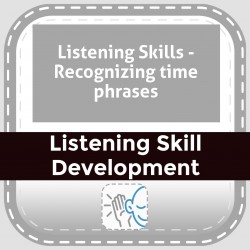
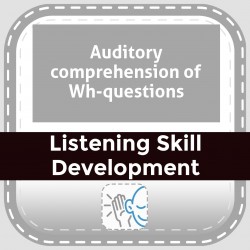
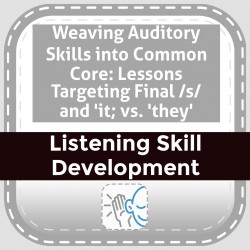
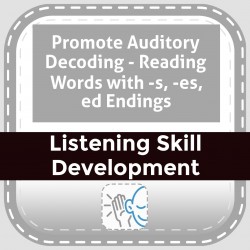
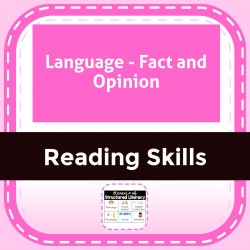
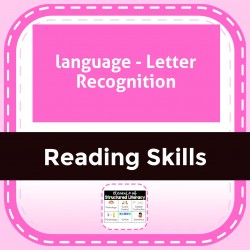
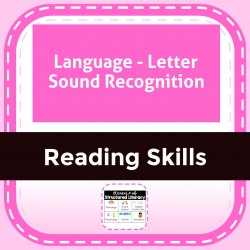
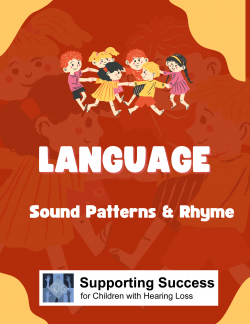
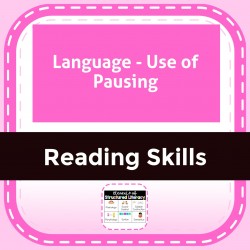



 You MUST include an email contact and phone number on your PO. Some of our products are downloadable only and delivered via email. Not including an email address will prevent delivery.
You MUST include an email contact and phone number on your PO. Some of our products are downloadable only and delivered via email. Not including an email address will prevent delivery. 